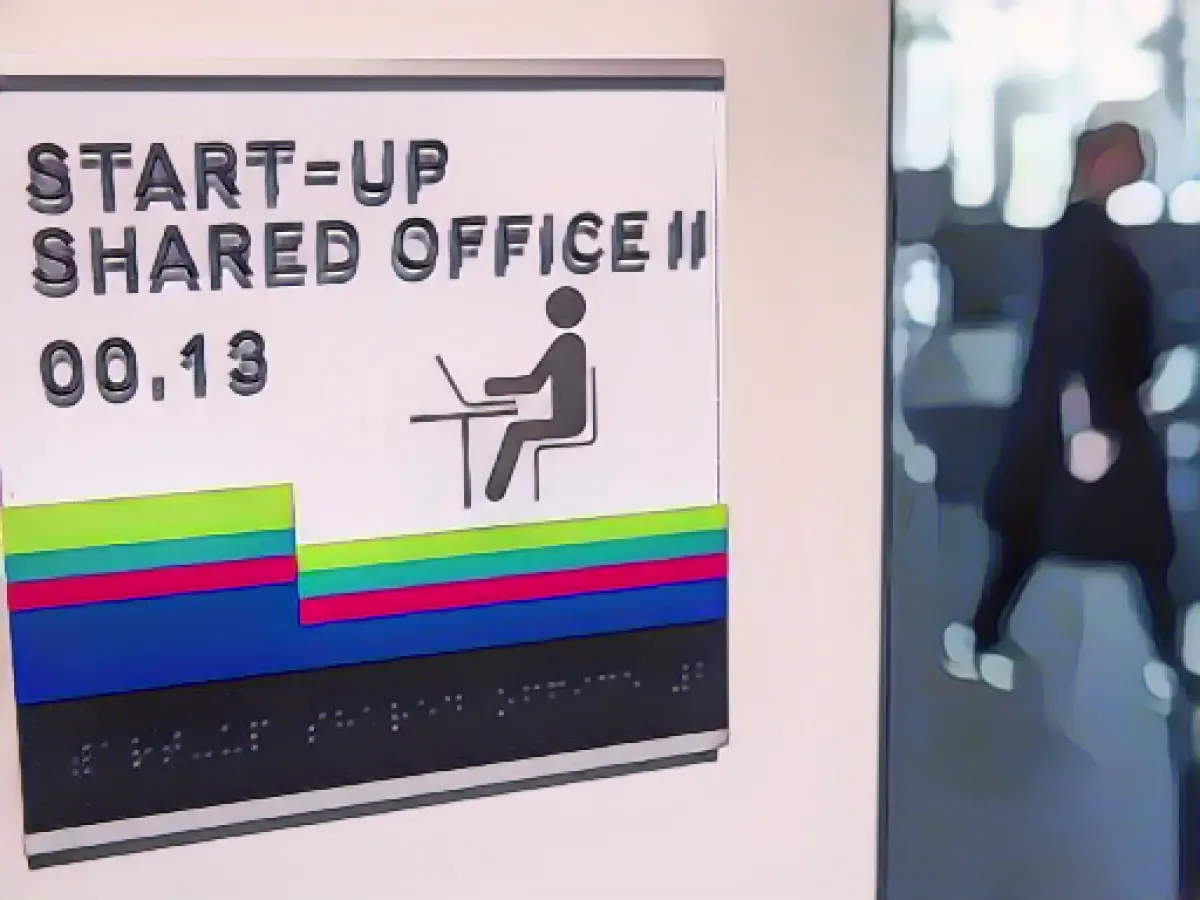Less money for start-ups: Germany gets off lightly
A sharp rise in interest rates, economic worries, wars and inflation: the German tech sector cannot escape poorer financing conditions in Europe, but is getting off relatively lightly.
This is shown by a report published today by venture capitalist Atomico. According to the report, venture capital investments in Europe's start-ups are estimated to amount to around 45 billion US dollars (a good 41 billion euros) this year, almost half less than in 2022 (82 billion dollars).
According to Atomico, the decline is even more severe than initially expected. US investors are holding back on investments in Europe. This is affecting start-ups in Germany in particular.
Signs of stabilization
Local tech companies are expected to raise 7.8 billion dollars in venture capital this year, a good quarter less than in 2022 (10.8 billion). This puts Germany in third place in Europe: start-ups from the UK and France are estimated to raise 12.7 and 8 billion dollars respectively, but are suffering larger declines compared to the previous year. Germany succeeds in attracting the most tech talent after the UK. Atomico sees a clear upward trend in Germany: the sum of 7.8 billion dollars is 39% above the 2020 level.
Tom Wehmeier, Partner at Atomico, said that Europe's tech sector is robust and showing signs of stabilization. Despite the large declines, 2023 will be the third strongest financing year after the record year 2021 and 2022. More start-ups have been founded in Europe this year than in the United States, but financing remains more difficult. "The probability of receiving venture capital in the US is still 40 percent higher than in Europe - and the public markets here are also continuing to hold back in the technology sector."
Layoffs at start-ups are likely to continue
The start-up sector has had a difficult few months. In view of the war in Ukraine, the weak economy and higher interest rates, investors are holding back on injecting money. The valuations of large start-ups collapsed and many cut jobs. This year, only a few companies, including the Cologne-based online translation service DeepL, reached a billion-euro valuation, according to the report. The redundancies in the start-up sector are likely to continue in 2024, Atomico believes.
Germany in particular lags far behind countries such as the USA when it comes to venture capital, which investors use to invest in start-ups. For large financing rounds in the late phase, German start-ups are usually dependent on Anglo-Saxon investors. To alleviate the problem, the German government has launched a new fund worth billions in which well-known major investors are participating.
The decline in venture capital investments in Europe's start-ups, including those in Germany, has led to a reduction in funding, with estimates suggesting a drop from 82 billion dollars in 2022 to around 45 billion dollars this year. Despite this, Germany's tech sector is expected to attract 7.8 billion dollars in venture capital this year, representing a 39% increase from the 2020 level, indicating signs of stabilization in the country's start-ups.
Source: www.dpa.com








